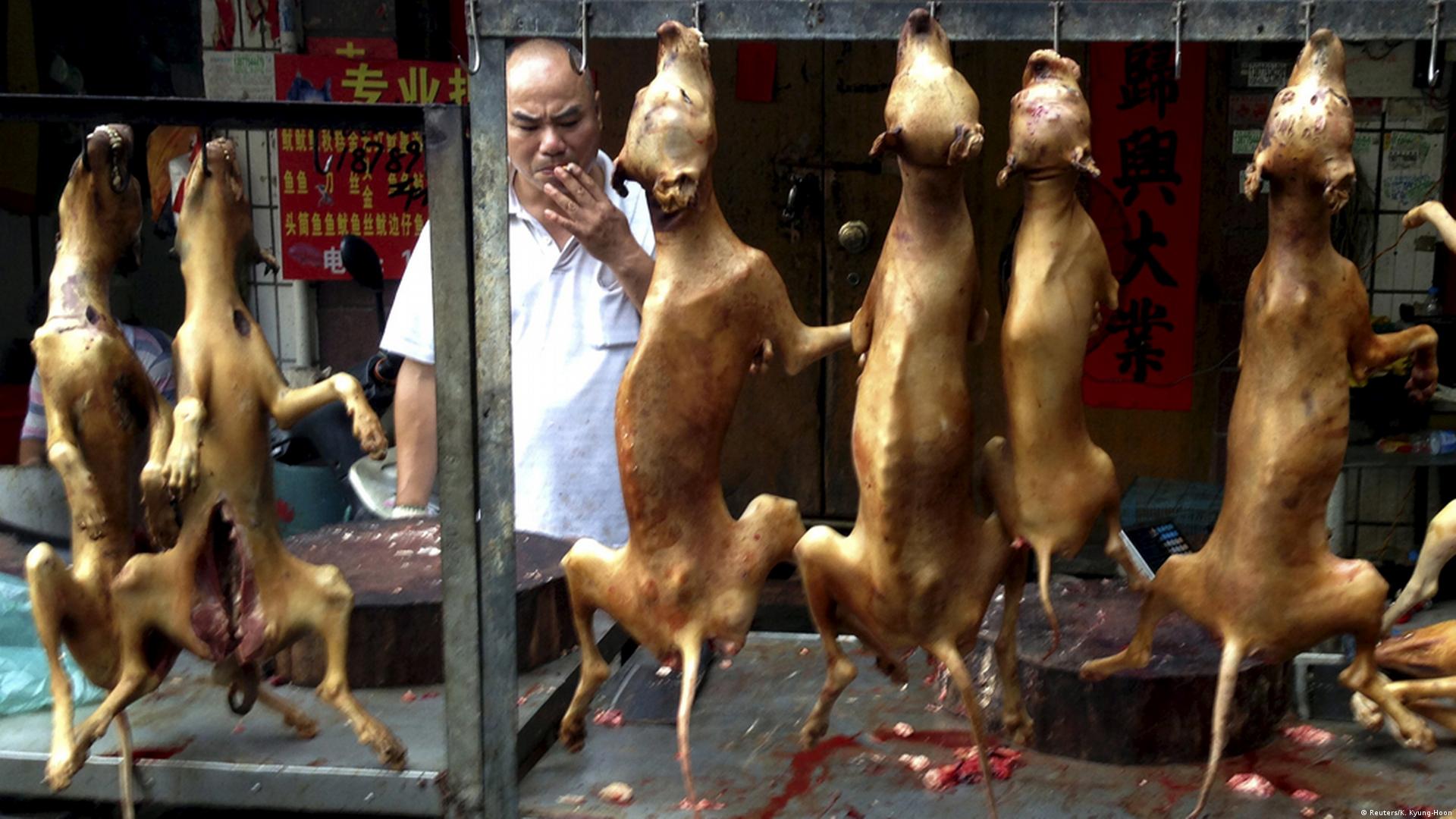South Korea says it will ban eating dog meat, with plans to introduce a law by the end of this year.
The law to end the traditional but controversial practice would have a three-year grace period, with dog meat banned entirely from 2027.
The Korean practice of eating dog meat has drawn criticism from animal rights activists overseas, but there has also been increasing opposition at home, particularly from younger people.
“It is time to put an end to social conflicts and controversies around dog meat consumption through the enactment of a special act to end it,” Yu Eui-dong, policy chief of the ruling People Power Party, said at a meeting on Friday.
The government and ruling party would introduce a bill this year to enforce a ban, he said, adding he was confident it would pass with bipartisan support.
Anti-dog meat bills have failed in the past because of protests by those in the industry, and concern for the livelihoods of farmers and restaurant owners.
The proposed ban will include a three-year grace period and financial support for businesses to transition out of the trade.
Eating dog meat is much less common than it used to be in South Korea, but it is still eaten by some older people and served in certain restaurants.
A Gallup Korea poll last year showed 64% opposed dog meat consumption. The survey found only 8% of respondents had eaten dogs within the past year, down from 27% in 2015.
First lady Kim Keon Hee has been a vocal critic of dog meat consumption and, along with her husband, President Yoon Suk Yeol, has adopted stray dogs.
There are about 1,150 dog breeding farms, 34 slaughterhouses, 219 distribution companies, and 1,600 restaurants serving dog meat, according to government data.
Animal rights groups welcomed the prospect of a ban.
“A dream come true for all of us who have campaigned so hard to end this cruelty,” Humane Society International said in a statement.


